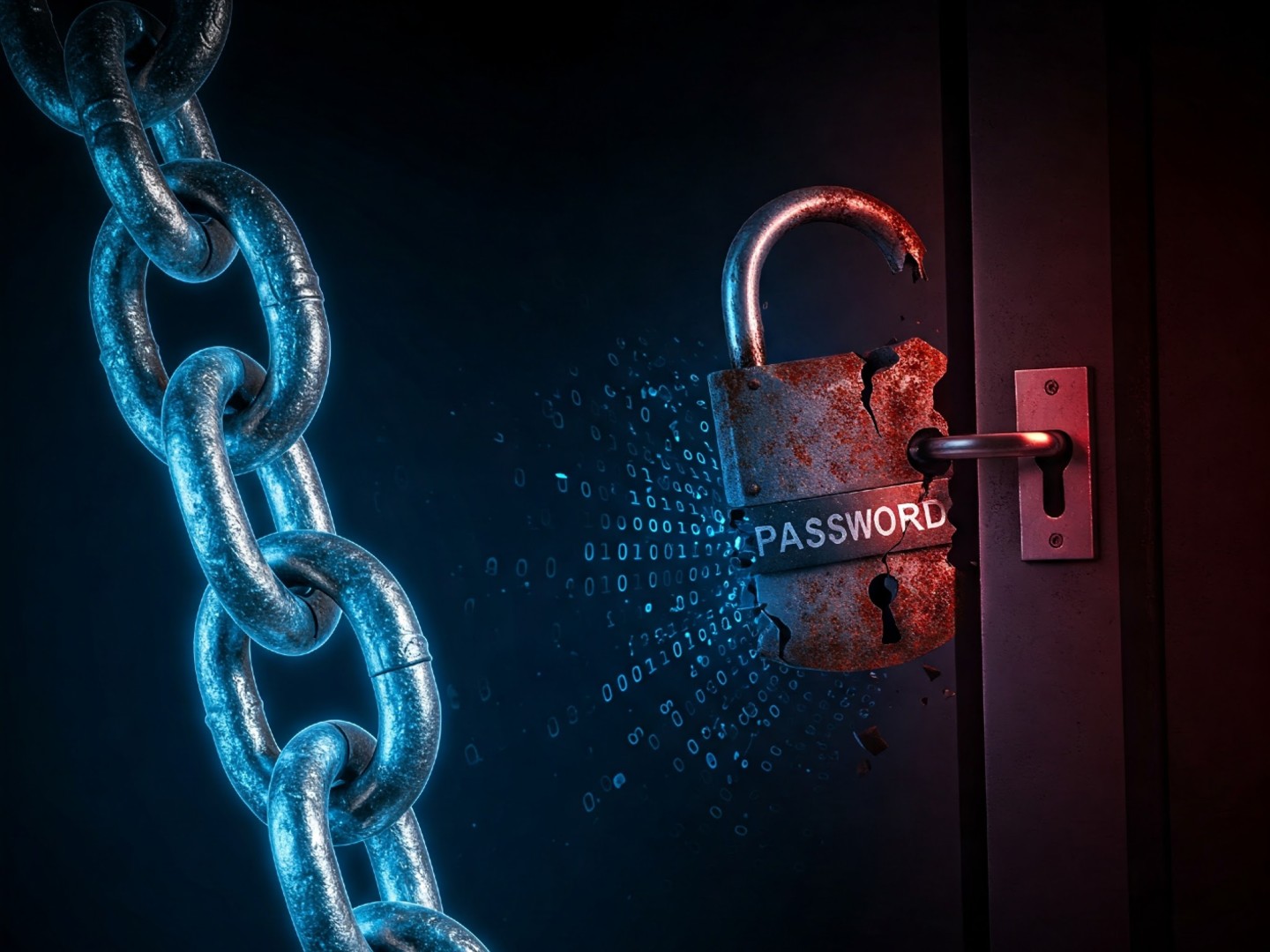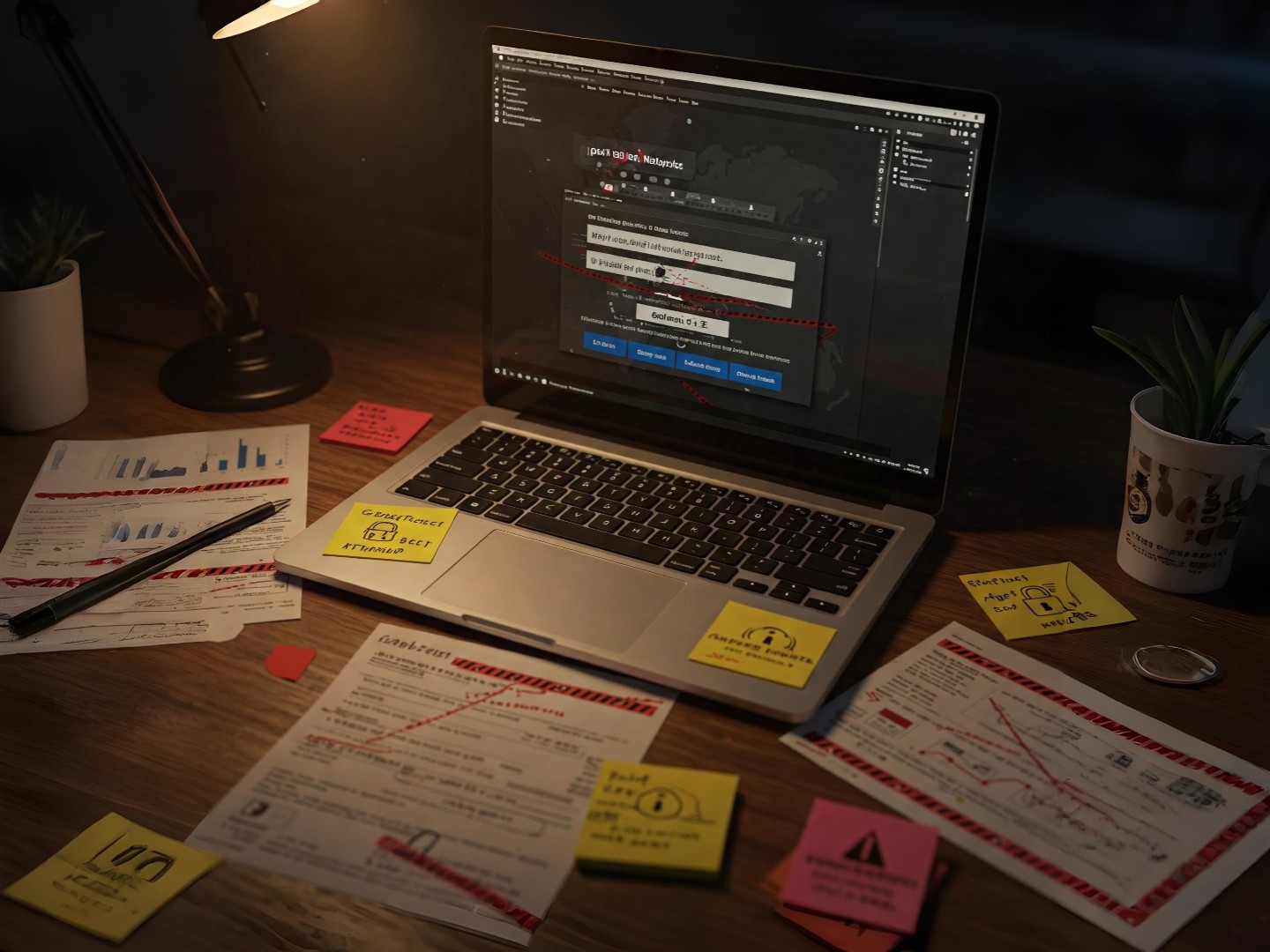Blockchain's Security Promise Passwords Still Matter
Blockchain technology, famous for powering cryptocurrencies like Bitcoin, is making waves in online authentication. With businesses across industries adopting blockchain-based security solutions, the question arises could this technology eventually render passwords obsolete?

Blockchain is mostly known for powering cryptocurrencies like Bitcoin. But it's also making waves in online security. With businesses increasingly looking at blockchain for authentication, could this tech eventually make passwords a thing of the past?
How Blockchain Actually Works
Think of blockchain as a super-secure way to keep digital records. Its strength comes from being decentralized. This distributed ledger is shared across many computers, and it's practically impossible to tamper with. Everyone involved has a copy and a say, so no single person can mess with the records.
So, how does this make things safer? One cool thing is that it lets you create a 'self-sovereign ID'. Basically, you get a private ID that you control, instead of relying on some big company. You can then use this ID to log into websites or services.
Instead of passwords, these identities use cryptographic keys. Your private key proves who you are by matching it with a public key. For extra security, you could add two-factor authentication (2FA) or multi-factor authentication (MFA), like when you log into your bank.
What's So Great About It?
The security benefits are pretty obvious. We all know how risky passwords can be. From phishing scams to just plain forgetting them, or reusing the same weak password everywhere. Blockchain authentication could seriously cut down on data breaches because it gets rid of those central databases that hackers love to target.
What's happening in the real world? Lots of things! For instance, R3 Corda is a blockchain platform for financial services that allows secure data exchange between different parties. This tech could be used for things like Know Your Customer (KYC) checks, letting banks verify your identity without putting your privacy at risk.
In healthcare, blockchain is helping to protect medical records and securely share patient information. Infosys BPM estimates that the blockchain market in healthcare might hit $215 billion by 2036. That's huge!
But It's Not All Sunshine and Rainbows
Like any new technology, blockchain has some hurdles to overcome, both in terms of security and other issues. Here's the lowdown:
Cost: Running a blockchain can be expensive. It takes a lot of energy and computing power to validate transactions. The United Nations University even pointed out that if Bitcoin were a country, it would use more energy than Pakistan!
It's Still Kinda New: Even though Bitcoin is becoming more common, most people – and even companies – don't really understand how blockchain works. This could slow down how quickly it's adopted.
Legal Gray Areas: Digital identities are a complex legal topic, and different countries have different rules. This could make it hard to create a system that works everywhere.
Storage and Speed: Blockchains need storage space, and that need will grow as more people use them. It's important to make sure the system can handle the load and still be fast enough.
Getting Everything to Work Together: Without international standards, it's hard to see how different blockchain systems will work together. It's crucial that you can verify your identity across different devices, industries, and even countries.
So, What About Passwords?
Despite these challenges, blockchain has huge potential as a security tool. Its decentralized nature and use of cryptography offer significant advantages. Even those issues around energy use and regulations might be solved as the technology evolves.
However, it's unlikely that passwords are going away anytime soon. They have some key advantages: they're simple, universal, and easy to reset. And despite the risks of hacking, they're still effective because they're either right or wrong.
Protect Both the Login and the Password
Passwords can be vulnerable. Ideally, users should use multi-factor authentication, combining passwords with other security measures – and that could include blockchain methods! Protecting both the logon with effective MFA such as Specops Secure Access works best in combination with strong password security.
As long as passwords are still around, companies need to keep their networks free of weak or stolen passwords. Specops Password Policy makes it easy to enforce strong password rules and scan for compromised passwords. It currently blocks over 4 billion compromised passwords – and the list keeps growing!
The bottom line is that people still rely on passwords for online security. That fact, combined with the challenges of adopting new tech like blockchain, means companies can't afford to ignore password security, at least not for now. Want to improve your password and logon protection? Get in touch to learn more.

